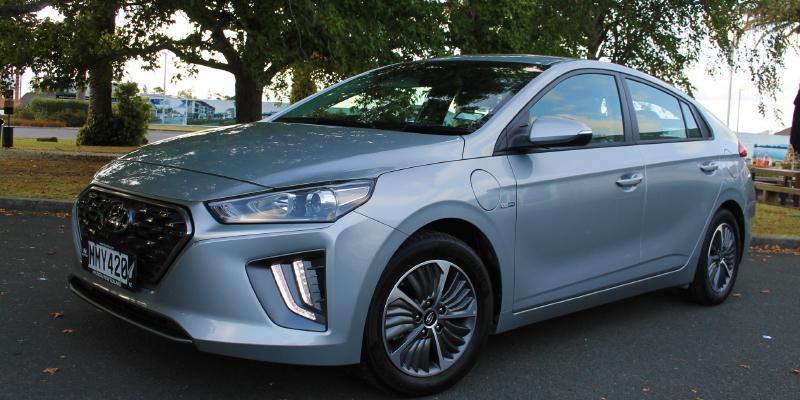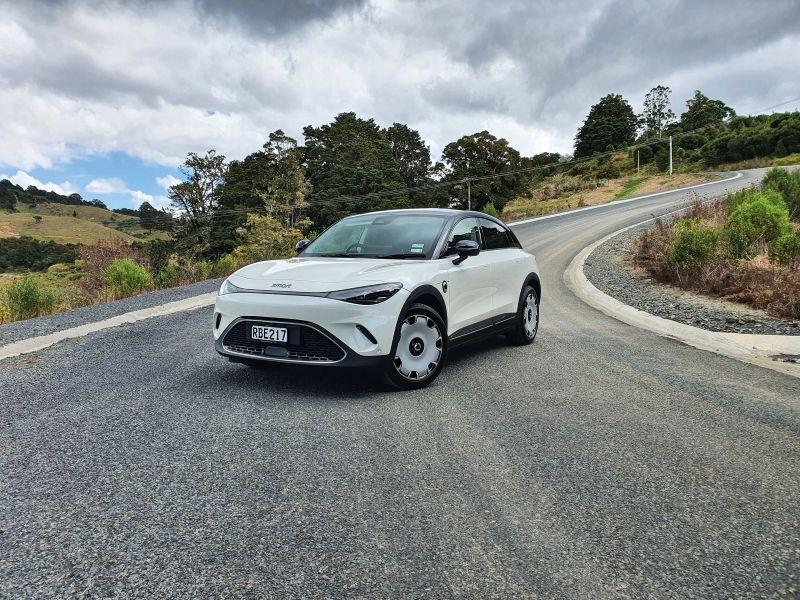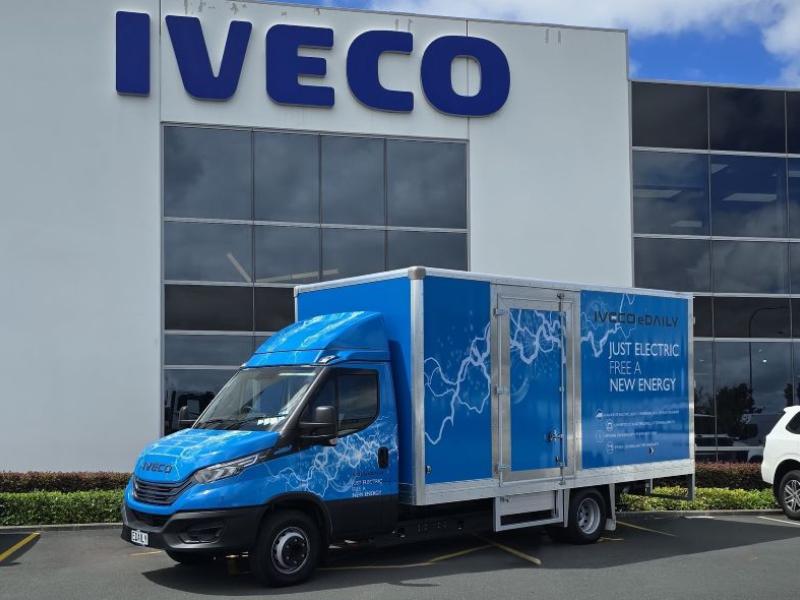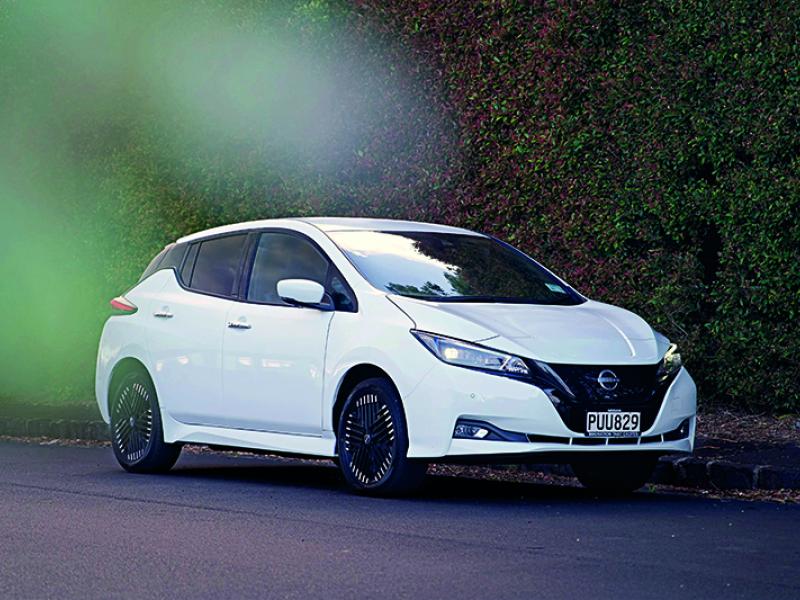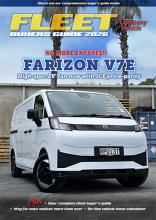H
yundai has done it again, quite literally when it comes to its IONIQ range of alternatively powered cars, and figuratively when it comes to impressing me with a second generation of vehicle.
While I can applaud Hyundai’s progress in hybrid, plug-in hybrid and fully electric vehicles from the company’s earliest forays into this automotive technology, there were some shortcomings of the generation one models.
This is not entirely unexpected; most manufacturers don’t get things perfect the first time around.
The recently released IONIQ – Series II – range of six cars, is better in every respect, including improvements to the battery recharge and running time and to the cars themselves.
IONIQ comes in either premium or elite grades across the hybrid (HEV), plug in hybrid (PHEV) or purely electric (EV) model types, with the hybrid models sporting a 1.6-litre gasoline direct injection engine in addition to its electric motor/battery arrangement.
This, the elite version of the PHEV model has a purely electric range of 52kms, the industry norm.
Naturally, you have a petrol or petrol combined with electric range, though it is quite a novel experience to drive around for a week – recharging the vehicle every night from a standard house outlet – without visiting the local servo AT ALL!
Those espousing the merits of EVs argue – accurately as it turns out – that a 50km travel distance per day is not unreasonable and in fact, is quite normal for most drivers.
And during those 50kms, according to your fuel computer, you should be running at something on the order of 1.1 litre per 100km and emitting 26gms of carbon dioxide per km.
For all that the party piece of the IONIQ is the enhancements to its alternative power sources, Hyundai has upgraded the regular elements of the car as well, things we all used to pay attention to like styling, the refinement of the interior and vehicle handling.
Addressing this last, Hyundai subjected the IONIQ II to thousands of kilometres worth of Australian road conditions and tuned the ride accordingly.
This is not unusual, but Hyundai completed the exercise with all three powertrains to ensure the same level of ride quality was available in each and, if the PHEV’s ride quality is anything to go by, it was a well spent effort.
Noise vibration and harshness (NVH) was a key consideration. In a conventionally powered vehicle, unwanted NVH can be covered up comparatively easily, there is plenty of other noise to conceal it.
When running electric or battery engines however, it’s a lot more challenging to hide noise which is ever present and Hyundai’s PHEV IONIQ II does an outstanding job of minimising unwanted NVH.
As to other handling elements, the IONIQ was always well set up to handle our roads, and this hasn’t changed, with nice, flat turning ability matched to a good feel through the steering wheel.
The interior upgrades? Hyundai has equipped the IONIQ with a capacitive touch screen controller for the air conditioning, to match the new 10.25-inch screen which provides the navigation and infotainment interface between the car and driver.
While nothing was tested in regards the safety systems of the IONIQ, the car benefits from Hyundai’s SmartSense™ safety umbrella, which includes among other features, lane keep assist and lane departure warning, lane change assist which works in conjunction with blind spot collision warning.
IONIQ also features rear cross traffic collision warning on its elite models, along with lane following assist to give the driver steering assistance as required.
In essence then, the Series II IONIQ PHEV is a significant advancement over the previous generation with enhancements to the Smartsense™ suite, the overall design, the ride and the power regeneration system. Full marks Hyundai, you’ve got a winner.
SPECIFICATIONS Hyundai IONIQ PHEV
BODY TYPE 4 door Sedan
DRIVE Front/ 6 speed auto
ENGINE TYPE DOHC, GDi, 4-cylinder, petrol with 8.9kWh battery
ENGINE CAPACITY 1580cc
MAX POWER 77kW @ 5700rpm
MAX TORQUE 147Nm @ 4o00rpm
L/100KM (COMBINED) 1.1
CO2 EMISSIONS28g/km
BOOT CAPACITY 443 litres
ANCAP RATING 5 Star
PRICE $59,990


